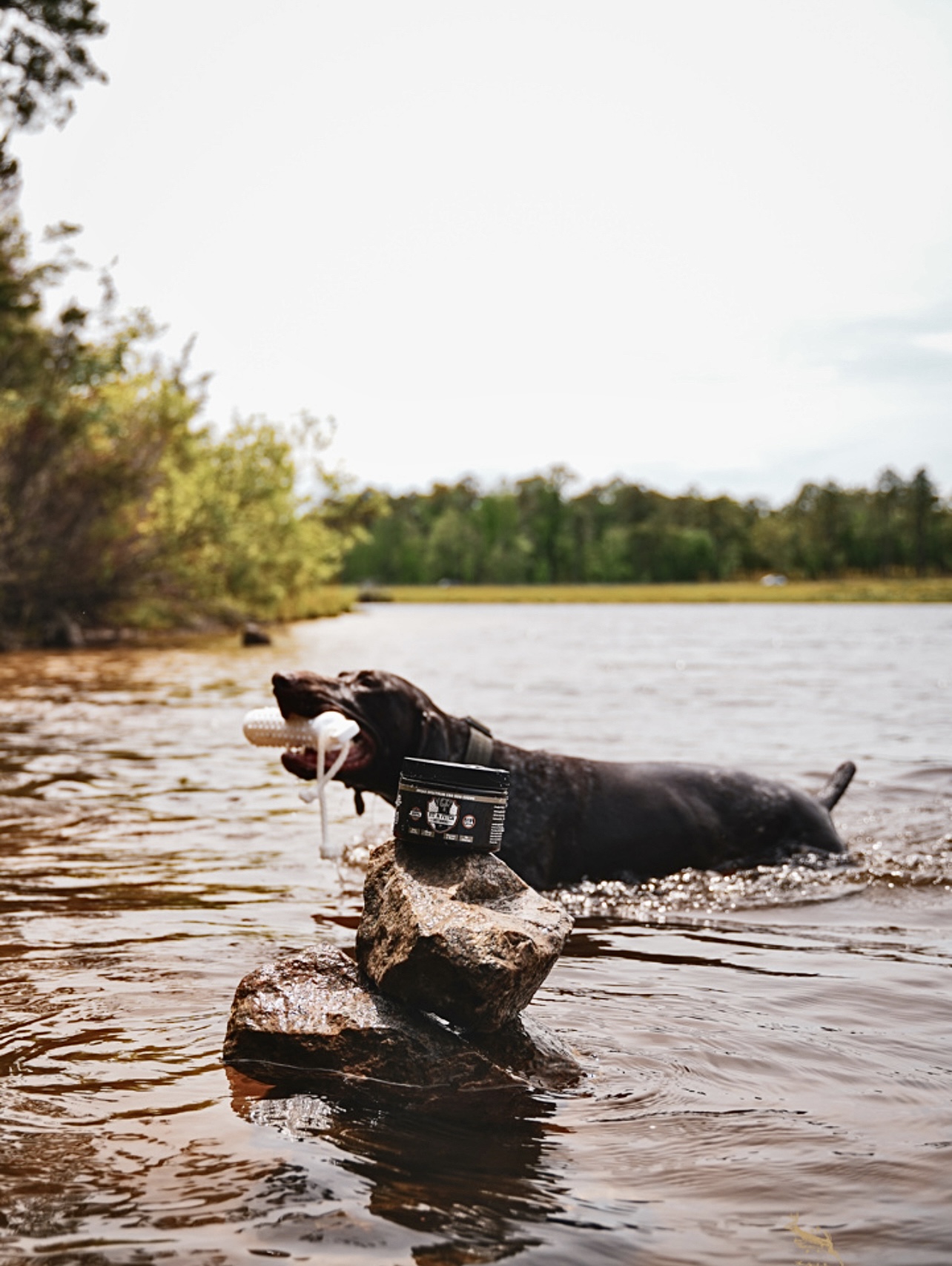Mastering the Retriever Hunt Test: A Judge’s Guide for Success

Welcome to our guide on excelling in retriever hunt tests! As a seasoned judge in these thrilling competitions, they are here to share insights and tips that will help you and your retriever shine in the field. Whether you’re a seasoned competitor or new to the scene, understanding what judges look for and how to optimize your performance is crucial for success.
- Marking Ability: A retriever’s marking ability is essential for success in hunt tests. Judges evaluate how accurately your dog locates and retrieves game birds, so honing this skill is key. Train your retriever to mark bird falls with precision, ensuring they can retrieve efficiently at varying distances and angles.
- Handling Techniques: Effective handling is a game-changer in retriever hunt tests. Mastering communication with your dog through hand signals, whistles, and voice commands is vital. Judges assess your ability to guide your retriever to the bird’s location confidently and with control, so practice clear and consistent handling techniques.
- Bird Finding Skills: The ability to find hidden birds is a hallmark of a skilled retriever. Judges look for dogs that demonstrate thoroughness, perseverance, and a keen sense of scent during the search. Train your retriever to navigate challenging terrain and cover effectively, enhancing their bird-finding capabilities.
- Delivery to Hand: A clean delivery to hand reflects positively on your retriever’s training and temperament. Ensure your dog retrieves birds gently and delivers them promptly to your hand, showcasing their soft mouth and trustworthiness. This skill earns favor with judges and sets your retriever apart from the competition.
- Steadiness Under Pressure: Steadiness is a trait judges highly value in retriever hunt tests. Dogs must remain composed and focused, even amidst the excitement of the hunt and the presence of other working dogs. Practice maintaining your retriever’s steadiness at heel and during retrieves to impress judges with their discipline and control.
- Trainability and Temperament: Judges evaluate not only specific skills but also your retriever’s overall trainability and temperament. Foster a cooperative and eager-to-please attitude in your dog through consistent training and positive reinforcement. A balanced temperament and willingness to work are key ingredients for success in retriever hunt tests.
For handlers aiming to excel in retriever hunt tests, here are some actionable tips:
- Consistent Training: Regular training sessions focused on obedience, marking, and retrieving are essential for success.
- Simulate Test Conditions: Practice in environments that mimic hunt test conditions to prepare your retriever effectively.
- Know the Rules: Familiarize yourself with the rules and regulations of hunt tests to ensure compliance and avoid penalties.
- Maintain Composure: Stay calm and focused during the test, maintaining clear communication with your retriever at all times.
- Celebrate Achievements: Regardless of the outcome, celebrate your retriever’s accomplishments and cherish the bond you share as a team.
In conclusion, retriever hunt tests offer a thrilling opportunity to showcase your retriever’s skills and teamwork. By understanding what judges look for and implementing these tips, you can optimize your performance and make the most of your hunt test experiences.
